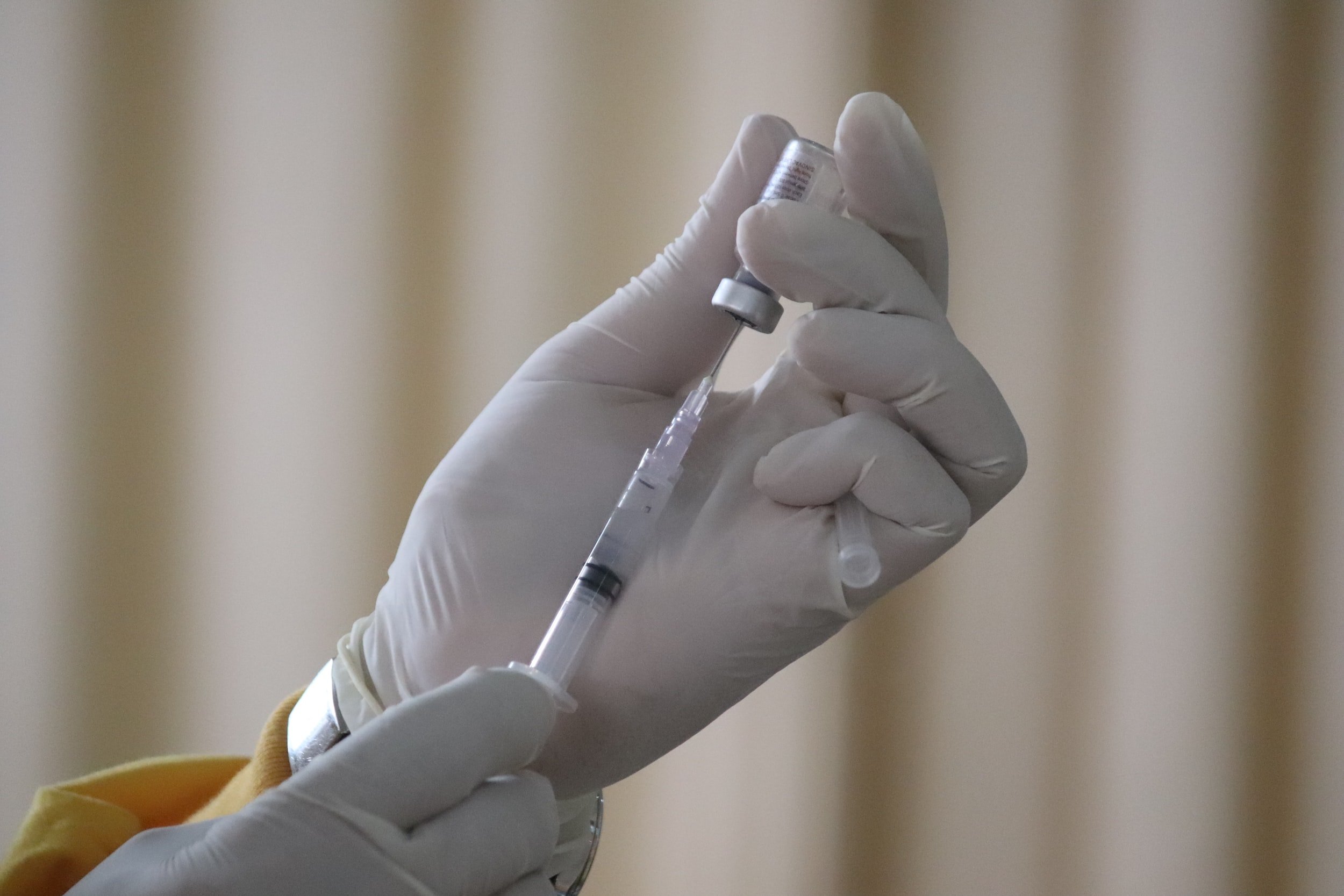
Vaccinations
It is imperative that our veterinarians be up to date and involved in the vaccinations and recommendations that we are giving to our patients and clients. This is especially important for cats. Here at Just Cats we only give vaccinations that are absolutely necessary, when they are necessary. The idea behind limited vaccinations in cats is backed by extensive research that has been done over the past 20 years.
Cats and other species have been affected by chronic inflammation and tumor growth after receiving some vaccines. It has been established that adjuvants are responsible for the cause of the above; especially those containing aluminum.
The American Association of Feline Practitioners advises that veterinarians use less inflammatory products wherever possible. These are the ONLY vaccines that we use here at Just Cats. The World Small Animal Veterinary Association and AAFP Guidelines recommend using “non adjuvanted vaccinations”.
CORE VACCINES:
All cats should be given core vaccines. These include: feline parvovirus (panleukopenia), feline herpesvirus 1 (feline viral rhinotracheitis, feline respiratory calicivirus and rabies.
Feline Distemper (FVRCP): (which stands for feline viral rhinotracheitis, calici, panleukopenia) Modified live vaccines are advised because they are non-adjuvanted. Recent studies have shown that there is also a more rapid immunity against feline parvovirus in kitten given a modified live FVRCP.
Feline Leukemia (Felv): is also recommended as a CORE vaccine for kittens. Cats under a year of age are at greater risk for getting Felv. Almost 100% of all kittens infected with Felv at 6 weeks of age or younger will remain persistently infected for life. The risk drops to about 30% at about 6 months and 5-15 % after a year of age when they then develop a natural resistance to the disease. We assess each cat individually and their exposure and then decide how long they will need this vaccine or if they will need it at all. In general most cats will stop getting this vaccine after 5 years of age. A non-adjuvanted vaccine is also recommended.
Rabies: It is also recommended to use a non-adjuvanted vaccine. This requires more frequent vaccine with the Rabies vaccine, because it has only been labeled yearly thus far. It is the safest rabies vaccine available. However, there are some exceptions to this rule that might include feral cats. They may only be handled at the initial time of trapping and in these cases a 3 –year vaccine is recommended due to potential public health concerns.
NON-CORE VACCINES:
Felv: This is considered non-core for adults cats ; each individual cat should have risk assessed by a veterinarian. Revaccination should also reflect the lifestyle of the cat.
Intranasal FVRCP: This vaccine is highly useful in shelters, catteries and other situations where rapid and early onset of protection is desirable and where high levels of upper respiratory infection viruses are expected.
VACCINES NOT RECOMMENDED FOR CATS:
FIP, FIV and Virulent systemic calicivirus
PEDIATRIC VACCINATIONS: The goal of pediatric vaccines is to stimulate active and solid immunity before the susceptible kitten is exposed to a pathogenic organism.
FVRCP: Started at first visit between 6-8 weeks of age. It should be repeated every 3-4 weeks until the kitten is 16 weeks of age.
RABIES: Given at 12 weeks of age or older.
FELV: Kittens need to be tested negative before receiving the vaccine. The Felv vaccine is not recommended to be given to a cat that is already positive.
Vaccine Safety: Adverse events are relatively rare. The incidence reported in cats is 1:200 within 30 days. Cats that receive multiple vaccines per visit are at higher risk for an adverse event. If your cat has or has had an adverse event it may or may not continue to receive vaccines depending on the severity of the event. With mild events we will continue to vaccinate but will pre-medicate with Benadryl. If the event is severe your cat will not receive any further vaccines.
